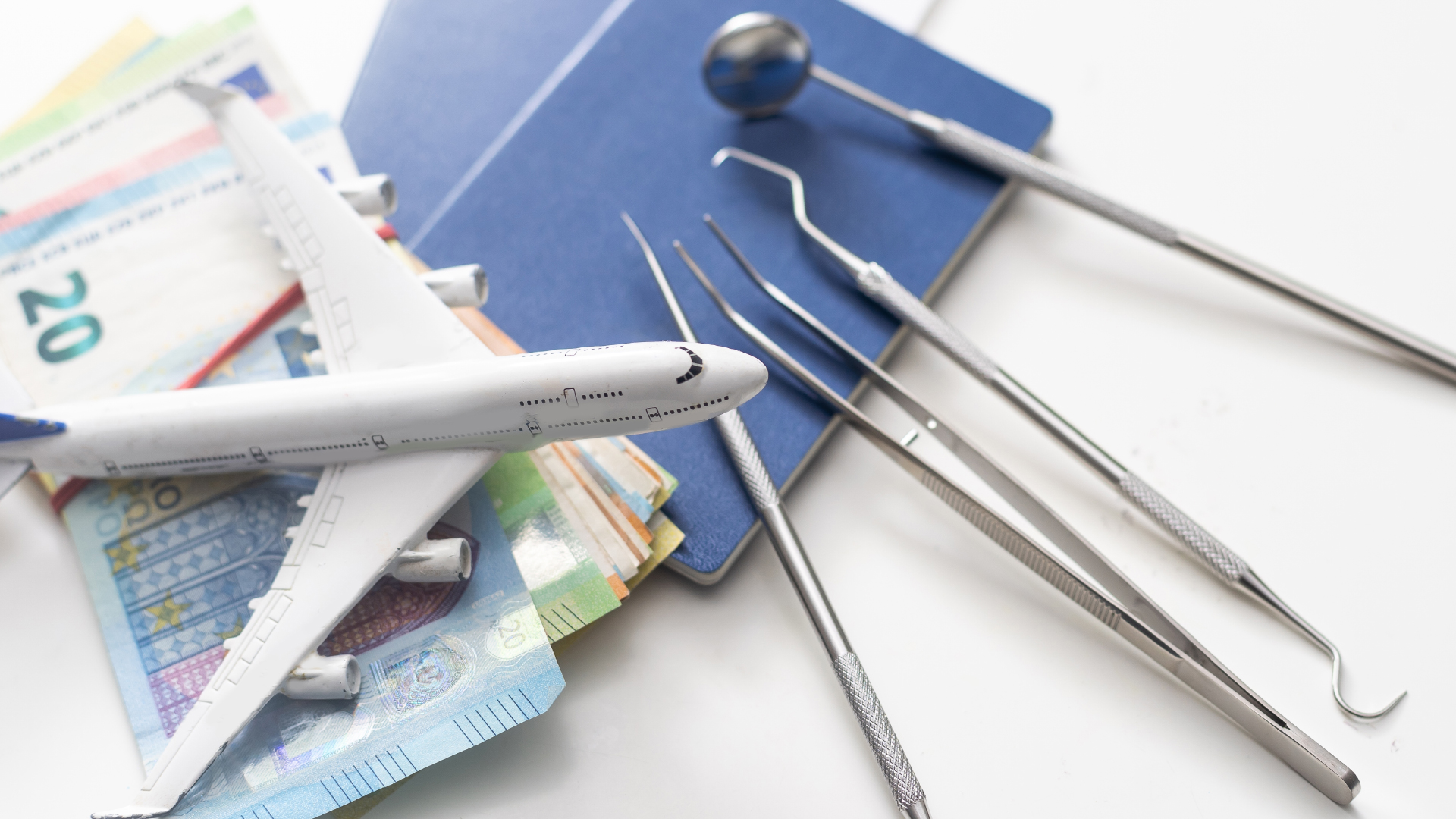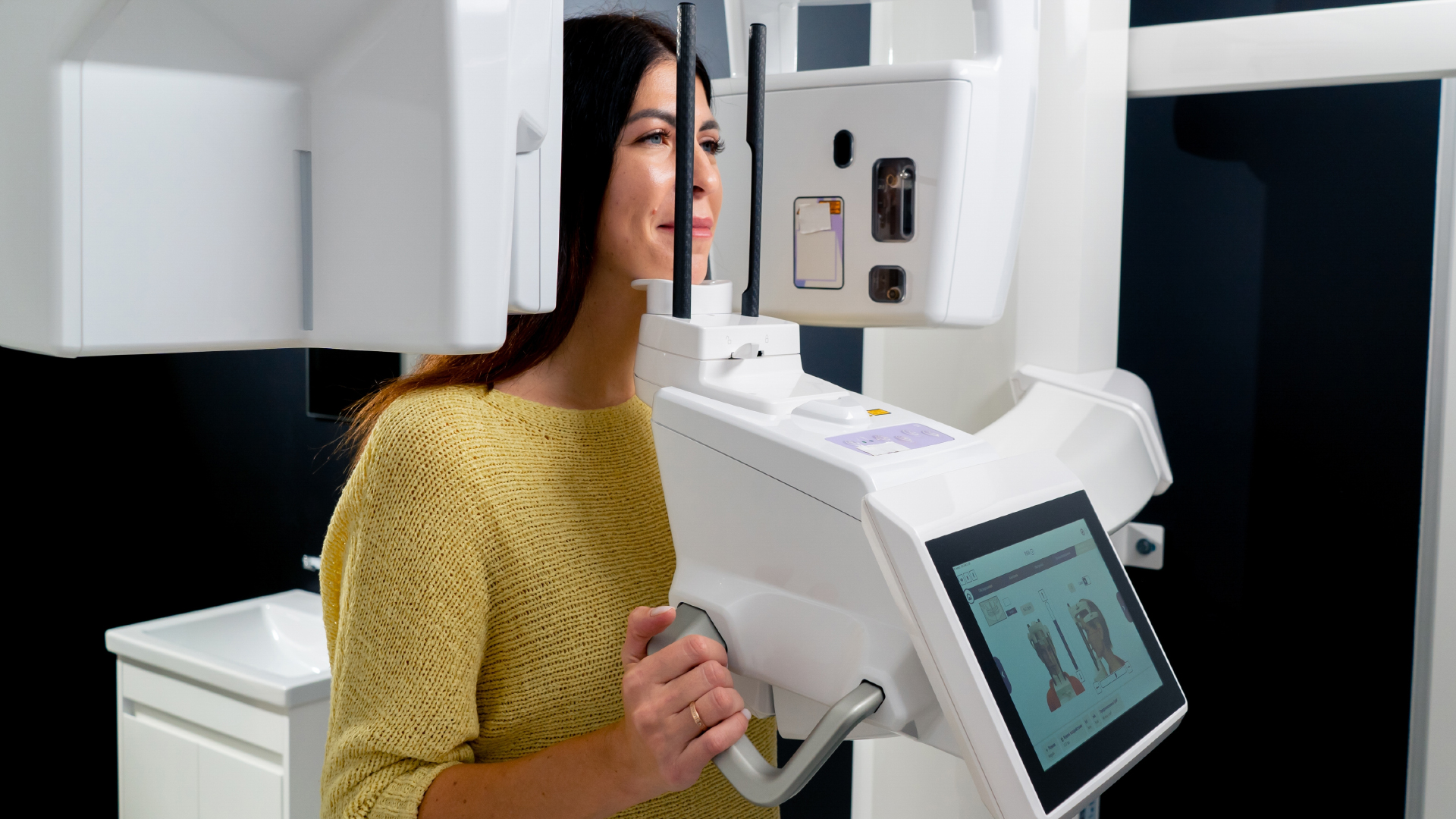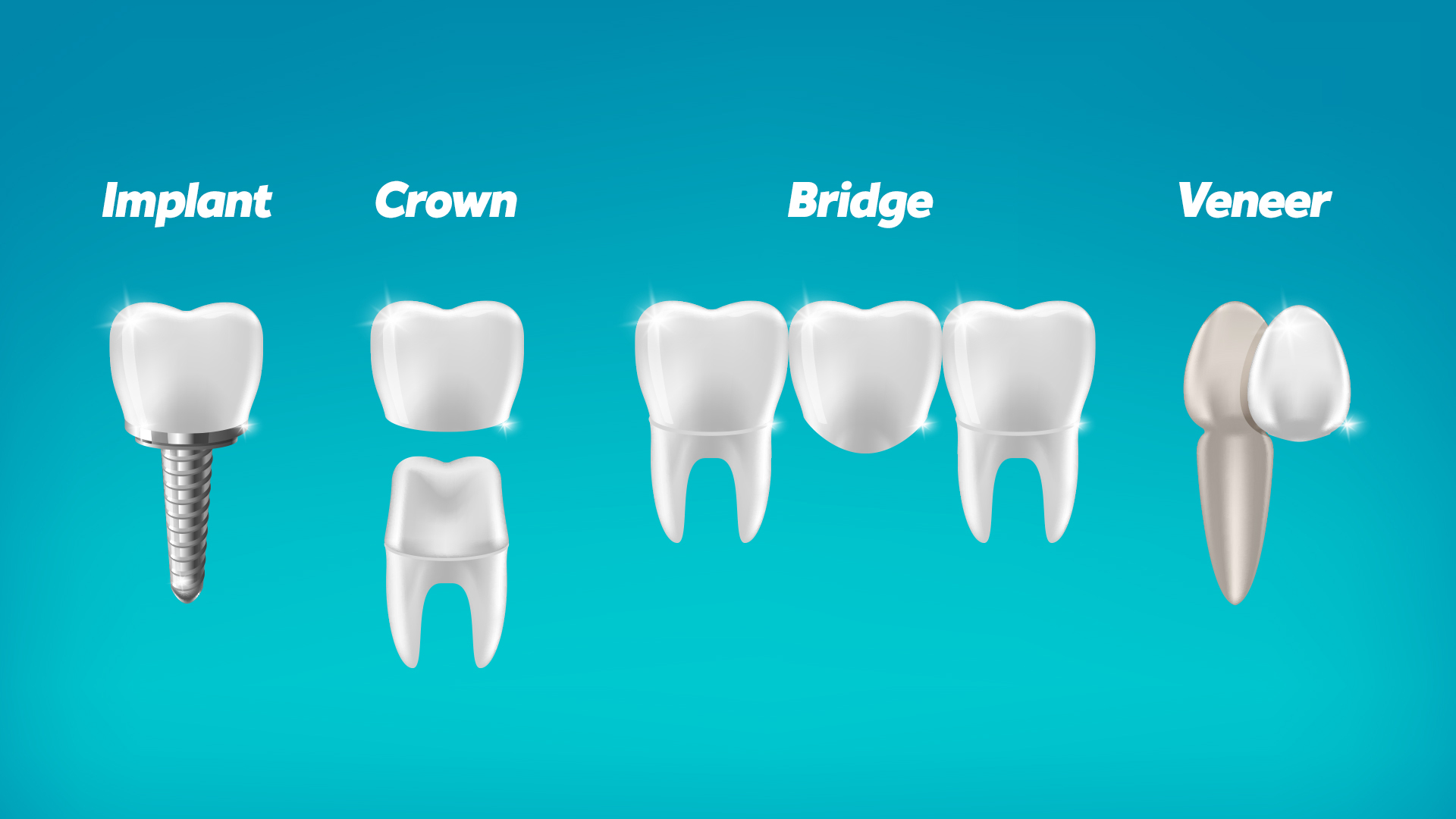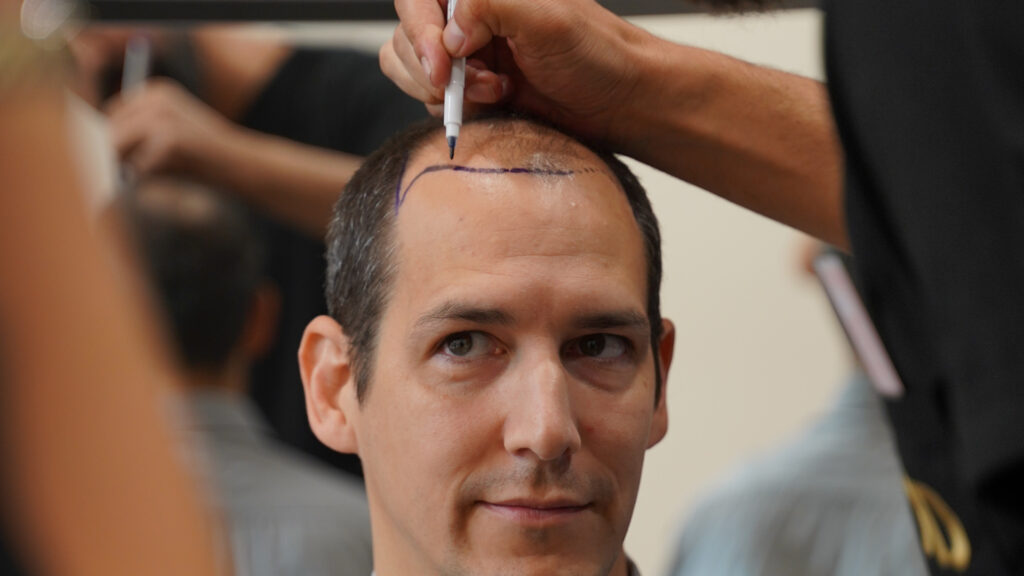For the last twenty years or so, thousands of patients have been going abroad every year to have their teeth repaired. The trend is accelerating, whether it’s a question of fitting one or more implants to replace a diseased tooth or fill a gap, correcting a smile with dental veneers, or carrying out a bone graft. The benefits of dental tourism are clear from the many testimonials gathered by professionals such as Body Expert.
In the UK, even dental practices are alarmed, seeing their international colleagues as unfair competition. One of the causes of this flight of patients remains the inequality of access to dental care, particularly for major work that is not, or only partially, covered by the NHS. At a time of economic liberalisation and the globalisation of trade and population flows, facilitated by the rise of budget airlines, the public service mission of dental surgery is, paradoxically, 90% carried out by independent professionals…

Hungary, a pioneer in this field, was the first to attract dental tourists from across Europe. Turkey has followed in its footsteps, establishing itself over the last decade as a favourite destination for medical tourists from around the globe, offering the best value for money. Today, international competition is intensifying, with countries from India to Egypt, Moldova to Portugal, Tunisia to Thailand all getting in on the act. They see medical tourism as strategic to their development, sometimes at the expense of patients. In the age of social media, negative stories can spread rapidly. After all, there are unscrupulous providers and subpar professionals in every country. Seeking out the best guarantees and choosing the most experienced dentists and top dental clinics that offer impeccable service and quality is crucial.
How Did Hungary Become Europe’s Leading Dental Tourism Destination?
When it comes to dental tourism, Hungary has often been cited as an example for over two decades. Partial dental restorations, as well as cosmetic procedures like dental veneers to achieve a “Hollywood Smile“, are the most frequently requested treatments by European patients visiting Budapest. The country’s dental professionals are trained in cutting-edge techniques and utilise state-of-the-art medical technologies. They offer excellent value for money, with patients paying 40-60% less than in the UK for the same quality of procedure.

The UK is one of the cheapest countries in Europe for standard NHS dental treatments, along with Hungary and Poland. Professional representatives say UK dental practices compensate for the low NHS reimbursement rates by overcharging for private procedures that have no price ceiling. The fees charged by British dentists for major treatments like implants, fixed prostheses or bone grafts are two to three times higher than their Hungarian or Turkish counterparts.
Some patients now commonly have ‘minor’ dental work done in Hungary, such as scaling, fillings or root canals. Many people with limited financial means face excessively long NHS waiting lists and unaffordable prices at private practices. They prefer to opt for good-quality, budget-friendly treatment abroad with much faster turnaround times. Customers sometimes take advantage of this to have several treatments done in a short week-long stay to maximise the trip. This allows them to afford care that would be two or three times pricier at home, in a fraction of the time.

Popular Dental Treatments in Hungary
Routine and Restorative Care
Scaling, Fillings, Root Canals
Despite being fully or partially covered by the NHS, having routine dental treatment done in Budapest can be worthwhile. Wait times are reduced by several weeks and prices at private clinics are 40-60% lower with no extra charges. With a much more attractive total cost (including travel and lodging), patients can access quality care faster, especially for dental crowns and bridges, where NHS reimbursement is capped.

Implants and Fixed Prostheses
For placing one, two or three implants to replace damaged or missing teeth, contacting a specialist dental travel agency in Hungary or Turkey and requesting a detailed treatment plan and cost estimate to compare prices is best. For equivalent services and treatment time, costs could be 10-20% lower in Turkey. A patient may still choose Budapest at a price similar to Turkey in this case, as implants and bone grafts are not covered by the NHS.
Dental Veneers
For cosmetic treatments like dental veneers to perfect your smile, realign teeth or correct chips, a trip to Hungary is an attractive option to save time and money while ensuring quality care with custom-made ceramic veneers using top materials. For patients wanting a complete smile makeover with multiple veneers and crowns on all visible teeth, comparing prices between Hungary and Turkey is advisable.

Our tables compare the cost of porcelain veneers made in the UK with those offered in Hungary, Spain and Turkey – the three most competitive dental tourism destinations for British patients. We chose Emax veneers, which are bespoke and offer the widest range of shades. These veneers are pricier but can be adapted to any smile and last much longer – 15 to 20+ years with proper oral hygiene. Body Expert provides a two-year guarantee on Emax veneers.

The Price of Dental Veneers in Spain
| Average Price in Spain | Average Price in UK | |
| Emax Dental Veneer | €480 | £850 |
| Average Savings | 44% Savings |
The Price of Dental Veneers in Hungary
| Average Price in Hungary | Average Price in UK | |
| Emax Dental Veneer | €450 | £850 |
| Average Savings | 47% Savings |
The Price of Dental Veneers in Turkey
| Average Price in Turkey | Average Price in UK | |
| Emax Dental Veneer | €250 | £850 |
| Average Savings | 71% Savings |
Turkey: The Best Choice for Major Dental Work
While dental tourism to Hungary is well-established for minor restorative work and limited procedures, Turkey is more cost-effective for major treatments. For the same quality of care and equipment, a Hungarian clinic offers prices 50-60% lower than the UK, compared to 70-80% lower in Turkey. Choosing Turkey for All-On-4 or All-On-6 implant-supported dental prostheses can save thousands of pounds on the total cost, even though it’s not covered by the NHS. A top-of-the-line implant costing £1,000-£1,500 in the UK would be £500-£600 in Hungary and just £300-£400 in Turkey.


Planning Your Dental Trip to Hungary
To organise your dental tourism trip to Hungary, the internet, YouTube and social media are invaluable resources to compare services of several private Budapest clinics. Budapest is a 2.5-hour flight from London, with multiple airlines offering daily service. Patients generally book their own flights. Budapest is a relatively small capital of 1.7 million (vs 16 million in Istanbul), with dental clinics usually centrally located and ample nearby accommodation. Dental tourism providers, whether clinics or agencies, will arrange a personalised itinerary – booking a convenient hotel, scheduling all dental appointments, and providing a dedicated assistant who speaks fluent English.

Between dental visits, patients typically explore Budapest – admiring its stunning Austro-Hungarian imperial architecture, savouring the hearty Central European cuisine, and of course, unwinding in the thermal baths where locals gather to relax, play chess and socialise in the warm, therapeutic waters.
Private Insurance Reimbursement
Since the UK left the EU, dental treatment in Hungary is no longer reimbursed by the NHS. However, some private health insurance policies may cover a portion of the costs, depending on the specific plan and treatment. It’s essential to check with your insurance provider before travelling to determine what, if any, reimbursement you may be eligible for.
For treatment outside the EU, like Turkey, costs are generally not reimbursed by UK insurance, except when deemed “pre-planned treatment classified as major” and subject to prior approval.
Conclusion
Hungary remains an excellent choice for minor dental work and routine care, thanks to quicker turnaround and great value for money, despite no longer being eligible for NHS reimbursement. For major treatments involving multiple implants, full-arch prostheses, bone grafts or sinus lifts, it makes more financial sense to pick Turkey. Most importantly, always request detailed quotes from several clinics, itemising all costs and specifying equivalent-quality equipment. This allows you to compare offers, included services, post-op care and warranties.
6505 vues
0 commentaires
0






Il n'y a pas de commentaires pour le moment.